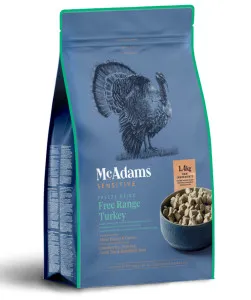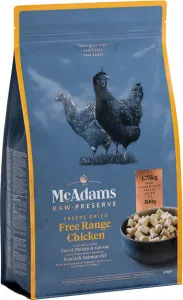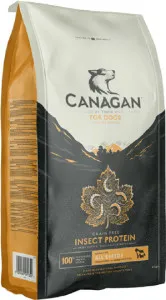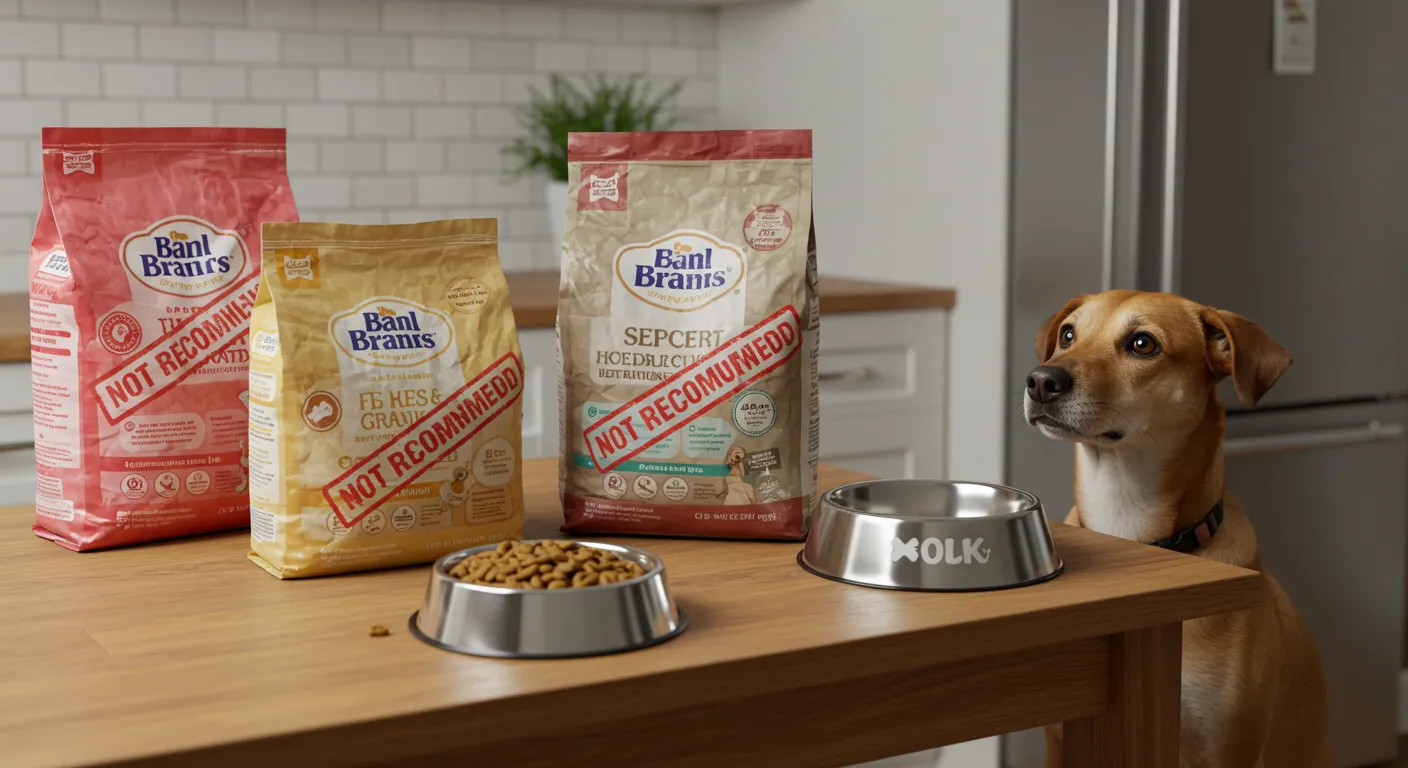What Dog Food Do Vets Not Recommend?
Vets generally do not recommend dog foods that contain artificial preservatives, fillers like corn and soy, meat by-products, excessive salt or sugar, or unidentified protein sources. These ingredients can lead to poor nutrition, allergies, obesity, and long-term health problems. Instead, veterinarians often suggest high-quality, balanced dog food with real meat, whole grains, and natural ingredients.
Why Some Dog Foods Are Not Recommended by Vets
Not all dog foods are created equal, and some can harm your pet’s health over time. Veterinarians look for specific red flags when evaluating dog food, including:
- Low-quality protein sources (e.g., "meat meal" without specifying the animal)
- Artificial additives like BHA, BHT, and ethoxyquin
- Excessive carbohydrates (fillers like corn, wheat, and soy)
- High salt or sugar content (linked to obesity and diabetes)
- Unnecessary dyes or flavorings (which can cause allergies)
- Named animal protein as the first ingredient (e.g., "deboned chicken" or "salmon")
- Whole grains or grain-free alternatives (only if necessary for allergies)
- Natural preservatives (like rosemary extract or vitamin E)
- No artificial colors, flavors, or sweeteners
- AAFCO certification (ensures balanced nutrition)
- "Expensive always means better." Not true—some premium brands still use fillers.
- "Dogs need grain-free food." Most dogs digest grains just fine.
- "Raw food is always healthier." It can be risky without proper handling.
If you're unsure about your dog’s food, try using our Pet Food Analyzer to check its quality.
Types of Dog Food Vets Avoid
1. Cheap Commercial Kibble with Fillers
Many budget-friendly kibble brands use cheap fillers like corn, wheat, and soy as primary ingredients instead of real meat. These fillers offer little nutritional value and can lead to weight gain and digestive issues. Vets recommend avoiding brands where the first ingredient isn’t a named protein (e.g., "chicken" instead of "animal by-products").
2. Grain-Free Diets (Unless Medically Necessary)
While grain-free diets became popular, vets warn against them unless your dog has a diagnosed grain allergy. Many grain-free foods replace grains with high-starch ingredients like peas, lentils, or potatoes, which may contribute to heart disease (DCM) in some breeds.
3. Raw Food with No Safety Standards
Raw diets can carry risks like bacterial contamination (Salmonella, E. coli) and nutritional imbalances. Vets typically discourage raw food unless it’s properly formulated and handled safely.
4. Foods with Artificial Preservatives
Chemical preservatives like BHA and BHT are linked to cancer in studies. Vets prefer foods preserved with natural alternatives like vitamin E (mixed tocopherols).
Recommended Products

McAdams Freeze Dried Free Range Turkey is an excellent choice for what dog food do vets not recommend?. This dog food contains Boneless Free Range Turkey 86.5% and other high-quality ingredients that promote overall health.

McAdams Freeze Dried Free Range Chicken is an excellent choice for what dog food do vets not recommend?. This dog food contains Boneless Free Range Chicken 86% and other high-quality ingredients that promote overall health.

Canagan Insect is an excellent choice for what dog food do vets not recommend?. This dog food contains Freshly Prepared Insects (27%)* and other high-quality ingredients that promote overall health.
5. Dog Foods with Meat By-Products
By-products (e.g., beaks, feathers, or unspecified organs) are lower-quality protein sources. While not inherently harmful, they lack the nutritional consistency of whole meats.
How to Choose Vet-Approved Dog Food
Here’s what vets recommend looking for in a high-quality dog food:
For a deeper dive into pet nutrition, check out our Pet Food Analyzer to compare brands and ingredients.
Common Misconceptions About Dog Food
Many pet owners believe myths about dog food that vets want to debunk:
Final Thoughts
Your dog’s diet plays a huge role in their overall health. Avoid foods with vague ingredients, artificial additives, and excessive fillers. Instead, opt for vet-recommended brands that prioritize real meat and balanced nutrition. If you’re unsure where to start, our Pet Food Analyzer can help you make an informed choice.
Ready to find the best food for your pup? Compare top-rated dog foods today and give your furry friend the nutrition they deserve!
